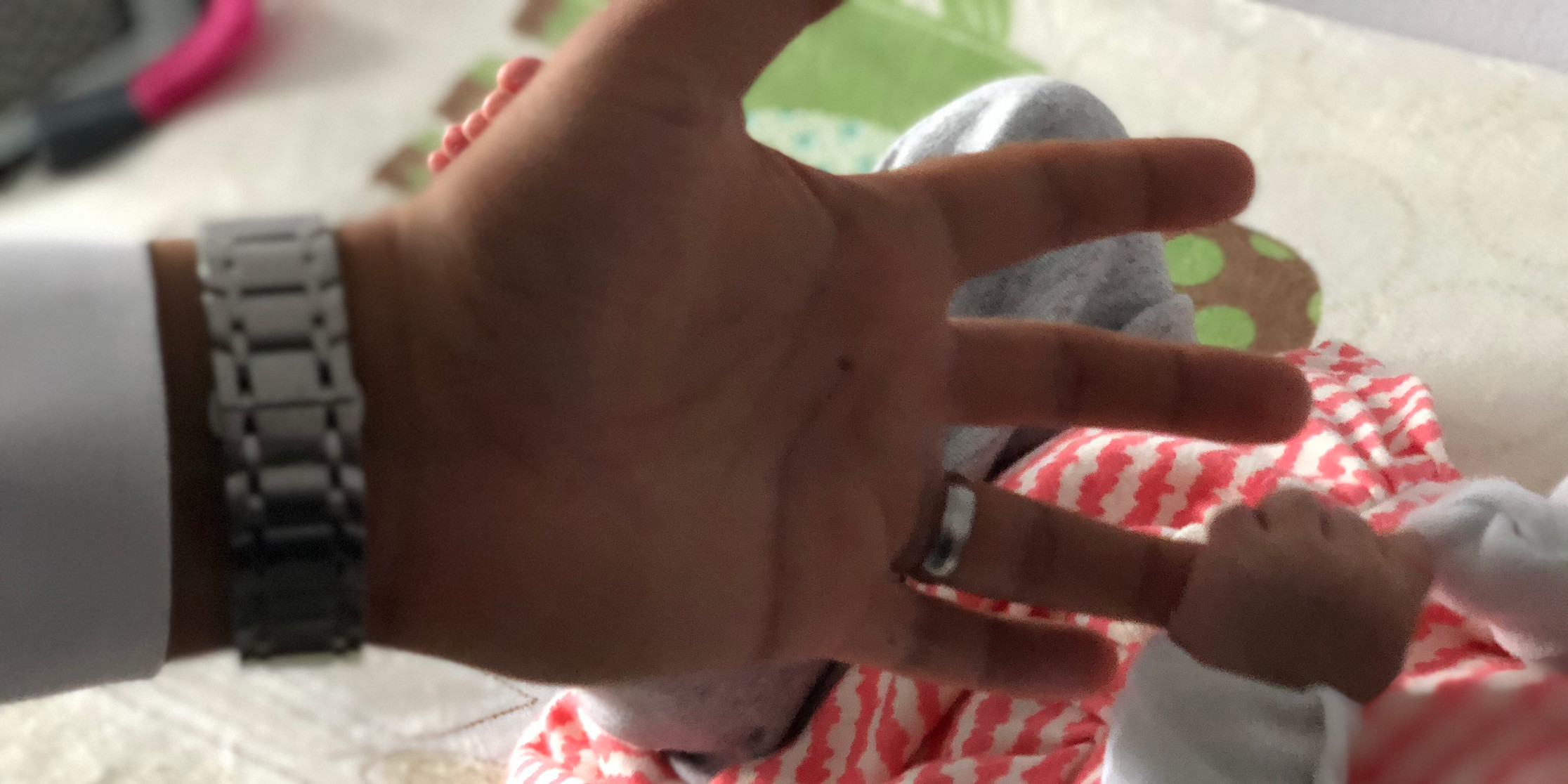IP Practice for the Next Generation
Nehal Madhani | May 17, 2018
Since I took the entrepreneurial plunge and founded Alt Legal, I’ve dedicated my professional career to shaping the future of intellectual property legal technology.
Recently, my wife and I welcomed a baby girl. As I started thinking about her future, I couldn’t help but think about what technology tools will be available for the next generation of IP professionals.


Truly, the future has never been brighter for IP professionals. As IP offices upgrade their infrastructure and technology companies innovate, practicing IP law will become easier, faster, and smarter than ever before.
The Inevitable Evolution of IP Offices
Accepting applications electronically and providing public access to data has become a universal standard. IP offices are increasingly accepting electronic filings. Many have also started to make their entire databases’ historic filings publicly available for free (though there are a few notable outliers). Indeed, we’ve already seen tremendous progress, and the trend shows no signs of declining (as highlighted in our report with World Trademark Review).
Aside from public access becoming a universal standard, IP offices will, as New Zealand has done, eventually offer an information-driven platform powered by APIs. This will create a world where a legal professional will no longer have to spend time copying and pasting or transcribing information from emails, phone calls, and documents. Lawyers and paralegals will be able to file new applications, respond to office actions, and renew trademarks with just a few clicks.
In the future, I expect that IP offices will also unify their data formats and standards, accelerating the development of tech tools for legal professionals.
Machine Learning, Computer Vision, and AI, Oh My!
IP offices have a wealth of legal data, the majority of which is public. Indeed, globally there are over 50 million active IP filings today. Large data sets like these are the building blocks of machine learning analyses and optimizations like those powering advances in self-driving cars or voice assistants. Applying these technologies to IP is going to have a profound impact on the day-to-day life of IP professionals.
For example, smart contracts (a computer program that will automatically execute the terms of the contract upon the trigger of specific events) can track enforcement in trademark coexistence agreements. IP office and other data could drastically reducing the time required in the traditional monitoring processes by allowing professionals to dynamically detect new filings by a particular applicant and tracking enforcement across every IP office, every domain registrant, and every website or mobile app.
In much the same way that virtual assistants like Apple’s Siri and Google Now use prediction algorithms created by machine learning to make predictions about what you need to know next, your docketing software could do the same. For example, software could understand how you interact with specific clients. Based on historic data and past behavior, it could even make predictions about the lead time you need for less responsive or more error-prone clients to ensure you complete their filings on time. The same technology could alert you when your trademark applications should have been assigned to an examiner.
The same advances in natural language processing used by Alexa and Siri could monitor trademark infringement by checking for phonetic similarities and otherwise improve trademark monitoring tools in the market today. Similarly, as computer vision algorithms improve, IP software could help both owners and IP offices. Examiners’ algorithms will more easily spot fraudulent specimens and other deceptive filings, and make the task of spotting overly similar filings less error-prone. Owners can use the same technology to help fight fraud and stay vigilant on their own and take punitive action against fraudulent filers or willful infringers.
With all of the publicly available data in a structured, organized format, IP professionals would be able to automate searches through millions of filings to make data-driven decisions about their filings and office action responses. As a simple example, IP authoring software can look over the corpus of trademark filings and the resulting outcomes and help draft goods and service descriptions that are less likely to receive office actions. Overall, the availability of these large data sets will empower legal professionals, especially in smaller firms and companies with fewer resources.
IP Superheros
IP vendors, law firms, and legal departments will be able to use freely and widely available IP office data, IP office APIs, and new, powerful technology to practice with greater efficiency and smarter insights than ever before.
Administrative and repetitive tasks will quickly be allocated to AI-based IP technology. Intake forms, autocompletion and API integrations, and dynamic docketing will free professionals from tedious tasks and allow them to focus on the most substantive roles in a legal practice. Analytics and key data insights will inform filings, prosecution, and enforcement decisions to empower legal professionals.
These technological improvements will also automate repetitive work, lead to fewer and more straightforward internal review processes, and result in overall efficiency and lower expenses for everyone. As a result, IP legal services will be more affordable and consequently increase access and demand.
The Future Is Bright
At Alt Legal, we couldn’t be more excited about the future of IP. Indeed, our team is already identifying new applications of technology to expand our docketing automation to other areas and to provide new data insights for trademark professionals.
We’re also excited about the paradigm shift we’ve created in IP docketing and forever grateful to our customer community of hundreds of solos and boutiques, Am Law firms, and in-house legal departments that share our vision of the future of intellectual property and entrust their docket to our software.
If you find yourself at INTA in Seattle this week, please stop by booth 308 to see the future of IP. We are sharing the latest enhancements to our award-winning IP docketing software. Come and see how we’re making the future now.